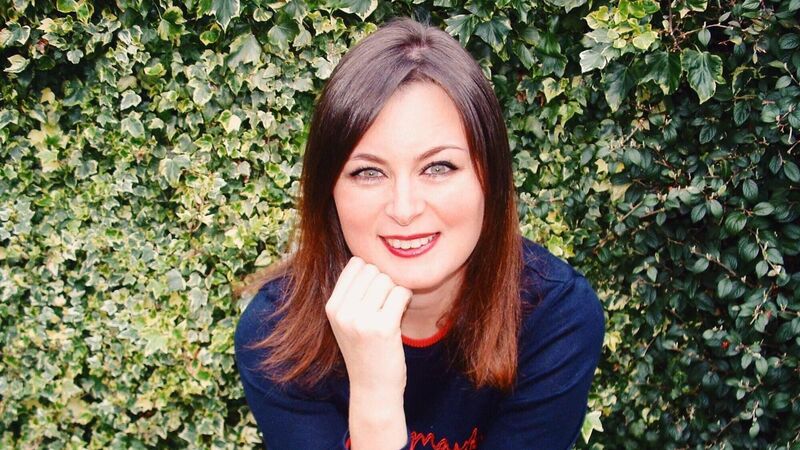Author interview: Popular crime fiction writer Jo Spain

Jo Spain says her latest book, 'The Trial', was particularly difficult; the fact that it was her 13th hadn’t escaped her attention.
Try from €1.50 / week
SUBSCRIBE
Jo Spain says her latest book, 'The Trial', was particularly difficult; the fact that it was her 13th hadn’t escaped her attention.
Already a subscriber? Sign in
You have reached your article limit.
Annual €130 €80
Best value
Monthly €12€6 / month
Introductory offers for new customers. Annual billed once for first year. Renews at €130. Monthly initial discount (first 3 months) billed monthly, then €12 a month. Ts&Cs apply.
Newsletter
Music, film art, culture, books and more from Munster and beyond.......curated weekly by the Irish Examiner Arts Editor.
Newsletter
Music, film art, culture, books and more from Munster and beyond.......curated weekly by the Irish Examiner Arts Editor.
© Examiner Echo Group Limited